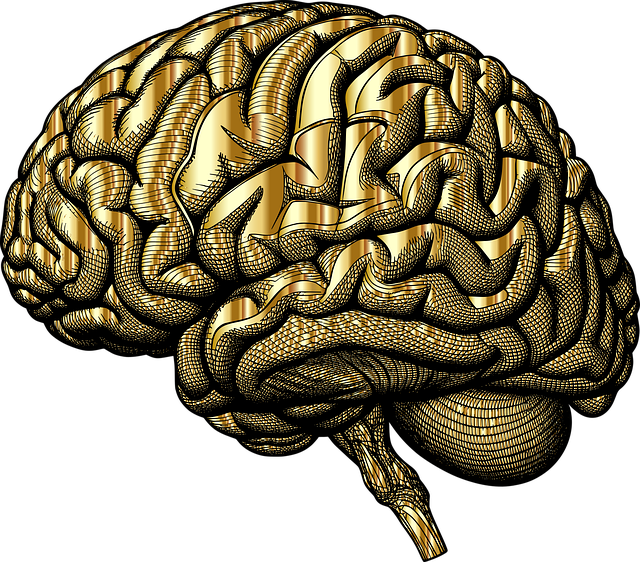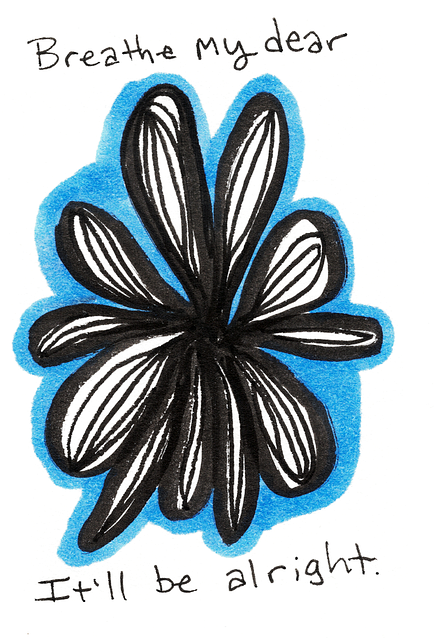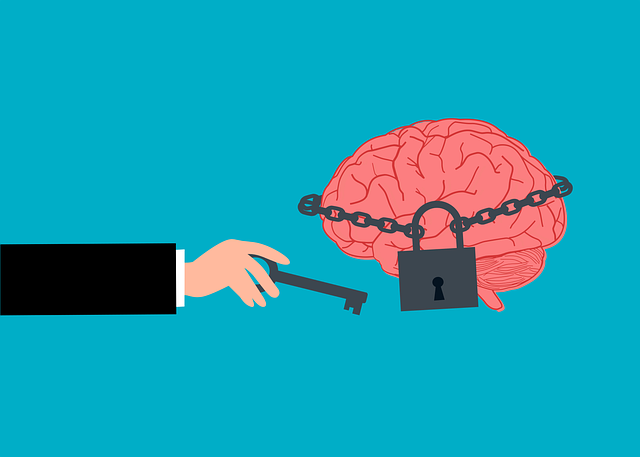Mental healthcare in Northglenn must be culturally sensitive, especially for bariatric care, to address diverse beliefs and behaviors effectively. This involves training, risk assessments, and tailored services. NBET (Northglenn Bariatric Evaluations Therapy) exemplifies this through Compassion Cultivation Practices, focusing on individual and communal cultural contexts. Continuous education equips professionals to create inclusive environments, understand unique challenges, and build trust with patients from various backgrounds, ultimately improving care quality.
In today’s diverse society, cultural sensitivity in mental healthcare is paramount. Understanding cultural diversity enhances patient care, improves treatment outcomes, and fosters trust. This article explores key aspects of culturally sensitive practice, drawing insights from a case study on Northglenn Bariatric Evaluations Therapy, where cultural competency transformed patient experiences. We delve into effective communication strategies for diverse populations and emphasize the importance of continuous education and training for mental health professionals.
- Understanding Cultural Diversity in Mental Healthcare
- The Impact of Cultural Sensitivity on Treatment Outcomes
- Northglenn Bariatric Evaluations Therapy: A Case Study in Cultural Competency
- Effective Communication Strategies for Diverse Patient Populations
- Continuous Education and Training for Culturally Sensitive Practice
Understanding Cultural Diversity in Mental Healthcare

In today’s diverse society, mental healthcare practices must embrace cultural sensitivity to provide effective evaluations and therapy for all individuals, including those in Northglenn seeking bariatric evaluations and other specialized care. Understanding cultural diversity goes beyond recognizing racial or ethnic differences; it involves appreciating the vast array of beliefs, values, and behaviors that shape how people from various backgrounds experience and express mental illness. This includes recognizing and respecting different coping mechanisms, communication styles, and expectations for healthcare interactions.
Cultural sensitivity in mental healthcare is crucial for reducing the stigma associated with mental illness, which disproportionately affects marginalized communities. By integrating cultural competency into their practices, mental health professionals can facilitate open dialogue, build trust, and deliver personalized care that considers the unique context of each client. This involves proactive measures like engaging in ongoing training on Mental Illness Stigma Reduction Efforts, developing coping skills tailored to diverse populations, and conducting thorough risk assessments to ensure a safe and inclusive environment for all Northglenn residents seeking mental health support.
The Impact of Cultural Sensitivity on Treatment Outcomes

Cultural sensitivity is a cornerstone in mental healthcare that significantly influences treatment outcomes. By integrating an understanding of diverse cultural beliefs and practices, therapists can create a safe and supportive environment for clients from various backgrounds. This tailored approach enhances patient engagement, fostering open communication and trust, which are vital for effective therapy.
In the context of Northglenn bariatric evaluations and therapy, cultural sensitivity plays a pivotal role. It ensures that individuals from different ethnic, racial, or socio-cultural groups receive personalized care addressing their unique challenges. For instance, integrating knowledge of public awareness campaigns development, social skills training, and mental wellness coaching programs tailored to specific cultural needs can lead to more successful interventions. This inclusive practice not only improves treatment results but also promotes a sense of belonging and understanding among clients, ultimately contributing to better overall mental health outcomes.
Northglenn Bariatric Evaluations Therapy: A Case Study in Cultural Competency

In the realm of mental healthcare, cultural sensitivity is paramount to providing effective treatment. A compelling case study illustrating this principle is Northglenn Bariatric Evaluations Therapy (NBET). NBET focuses on addressing the unique needs of individuals from diverse cultural backgrounds struggling with bariatric issues. By integrating Compassion Cultivation Practices into their therapeutic approach, NBET goes beyond traditional crisis intervention guidance, fostering emotional healing processes tailored to each patient’s cultural context.
This personalized approach recognizes that mental health experiences are deeply influenced by cultural beliefs and practices. For instance, NBET therapists might adapt their communication styles, incorporating culturally relevant metaphors and analogies to build trust and understanding with clients from various ethnic and socioeconomic backgrounds. This nuanced care ensures that every individual receives support that resonates with their personal and communal values, ultimately enhancing the effectiveness of mental health interventions.
Effective Communication Strategies for Diverse Patient Populations

In a diverse healthcare setting like Northglenn Bariatric Evaluations and Therapy, where patients come from various cultural backgrounds, effective communication is paramount. Mental wellness coaching programs development requires a nuanced approach to ensure every individual feels heard and understood. Cultural sensitivity training equips mental health professionals with strategies to adapt their communication styles, language choices, and therapeutic techniques to align with different cultural beliefs and practices.
By focusing on inner strength development, therapists can create a safe space that respects personal values and traditions. This includes learning about specific communities’ stress management approaches and integrating these into treatment plans. For instance, some cultures prioritize collective support systems, while others favor individual reflection. Tailoring therapy to acknowledge and incorporate these differences fosters deeper connections, enhances trust, and ultimately improves patient outcomes in Northglenn Bariatric Evaluations Therapy settings.
Continuous Education and Training for Culturally Sensitive Practice

Mental healthcare professionals play a vital role in fostering inclusive environments that cater to diverse cultural needs. Continuous education and training are essential components of developing culturally sensitive practices, especially for specialized areas like bariatric evaluations and therapy in Northglenn. These programs can equip therapists with enhanced emotional intelligence, enabling them to understand and address the unique challenges faced by patients from various ethnic, racial, and cultural backgrounds.
By participating in workshops, webinars, and policy analysis sessions focused on mental health advocacy, professionals can gain insights into different cultural perspectives, beliefs, and practices related to mental well-being. This knowledge is crucial for building resilience within diverse communities, ensuring that therapeutic interventions are tailored to individual needs. Such training may cover topics such as cultural competency, unconscious bias, and the impact of systemic issues on mental health, ultimately enhancing the overall quality of care provided at Northglenn Bariatric Evaluations Therapy.
Cultural sensitivity in mental healthcare is no longer a choice, but an essential practice that significantly improves treatment outcomes. As evidenced by the Northglenn Bariatric Evaluations Therapy case study, embracing diverse cultural competencies allows for more effective communication and tailored interventions. By implementing continuous education and training, mental health professionals can navigate complex cultural landscapes, fostering inclusive environments that resonate with all patients. This approach ensures that everyone receives quality care, ultimately enhancing overall well-being.














